I can still remember a time when no one had heard of Deicide. Circa 1989, the new onslaught of bands like Morbid Angel, Death, Pestilence, and Obituary had all released landmark albums and jockeyed for the newly-minted death metal crown. But then, seemingly out of nowhere, Deicide’s self-titled debut roared forth in the summer of 1990 and shifted the balance of power forever.
This incendiary first offering was a metalhead’s ultimate dream, for here was a band that exceeded every alarmist accusation of the PMRC and the religious right. They hailed Satan on every song! They openly advocated killing yourself! They branded themselves with inverted crosses! And then there was the music, with their take on Slayer filtered through a surge of nihilistic psychosis. Mechanised double kicks hammer under feral guitars, unhinged solos, and the inimitable multi-tracked vocal performance of frontman Glen Benton, whose shrieks and growls (artfully assisted by pitch-shifted backing tracks) completely reset the standard for extreme vocalists across the globe. Upon first listen, it is overwhelming and terrifying. The recording throbs with evil and rage, with an absolutely relentless attack from beginning to end. Deicide did not waste notes and kept their songs short and violent, just long enough to thrash ears and brains before exiting and returning for another strike like a great white shark. The most compelling thing was that after the first few listens, the chaos would reveal itself as often anthemic and highly memorable. Every song was a winner, including highlights like Sacrificial Suicide, Dead by Dawn, and the title track, Deicide, and the clockwork precision that made the album highly addictive and endlessly listenable (thirty two years later, this writer is still spinning it regularly).
With Deicide, the die was cast. In the space of a year, the band went from being virtual unknowns outside of Florida, to a wildfire phenomenon that could have easily evolved into a cult. Glen Benton’s Mansonian presence furthered his reputation as the genuine article, a man so blasphemous that he branded an inverted cross onto his forehead as an un statement of Satanic devotion. There’s no real way to explain in print the diabolical greatness of this album. For all the very good and influential releases of their peers, Deicide created something truly dangerous that exceeded all thresholds to codify death metal once and for all.
And with such an unparalleled debut, where does a band go from there? Well, harder and even more insane, it turns out. After high-profile appearances at national festivals and tours in Europe, Deicide issued Legion in the Spring of 1992. The album’s release date was delayed three times, largely because the band was desperately trying to complete it, and at a scant twenty-nine minutes, it could almost count as an EP. But where many bands would have faltered under the circumstances, Deicide unleashed a bracing and challenging new work that became a shock-and-awe moment for fans worldwide. Everything was more muscular, faster, more chaotic, and the production was overdriven to the point of near-distortion. The songs eschewed the hooks of the first release and replaced them with twisted compositions and sometimes boggling time signatures. Glen Benton’s vocals remained layered, but without any effects other than the screams and roars for which he had become famous. The lyrical content remained relentlessly Satanic, with songs about fathering the Antichrist, burning arcane sigils into your flesh for Satan, and beheading Jesus. Singer Glen had been claiming he planned his suicide at age thirty three in order to outlive Jesus and then end it all. He didn’t actually get around to doing that, but the urgency of the work makes it seem like the most incendiary suicide note ever written. If you felt like you couldn’t catch your breath with Deicide, Legion makes sure you can’t breathe at all.
As for the third disc of this collection, Amon: Feasting the Beast, diehard fans get to hear the band becoming Deicide and shedding the skin of their former iteration, Amon. The first six tracks are a demo version of the material that became the bulk of the first album, though it is a worthy listen with its unvarnished feel, different takes on classic tracks, and Glen’s vocals reduced primarily to a single but powerful centerpiece. This part of the outing is also produced by Scott Burns, so the production is comparable to the debut, but with more emphasis on the band’s brawn and a little less on the maniacal bells and whistles. Some people swear by it over Deicide, but it’s not the recording that put the band at the top of the heap with its rule-shattering energy. The remaining tracks are from the single demo released by the band, Feasting the Beast, which features a primitivism that shows how far the band went in three short years. It is charmingly deranged, and the bones of what Deicide would be come are clearly there, but ultimately it is more of an intriguing artifact than anything else.
So, the question is whether or not you need this re-edition? If you’ve read all this, and you haven’t actually heard Deicide yet, the answer is unquestionably “yes”. Or if you have a budding young metalhead in your life that needs to be leveled by the musical equivalents of Fat Man and Little Boy, get this on your (anti-)Christmas list right away. Outside of that, chances are if you’re reading this, you’re already a fan of the band, you own the original versions of all three releases, and there doesn’t appear to be anything here that will be new or necessary, outside of a new digipack format containing all three discs. The bigger message here is that these releases were undeniably amazing, and they need to be celebrated and played at maximum volume until Jesus returns to save us (which, as Deicide knows, is never).
Crucifixation – The Early Years releases on October 28th. Get your branding irons ready…


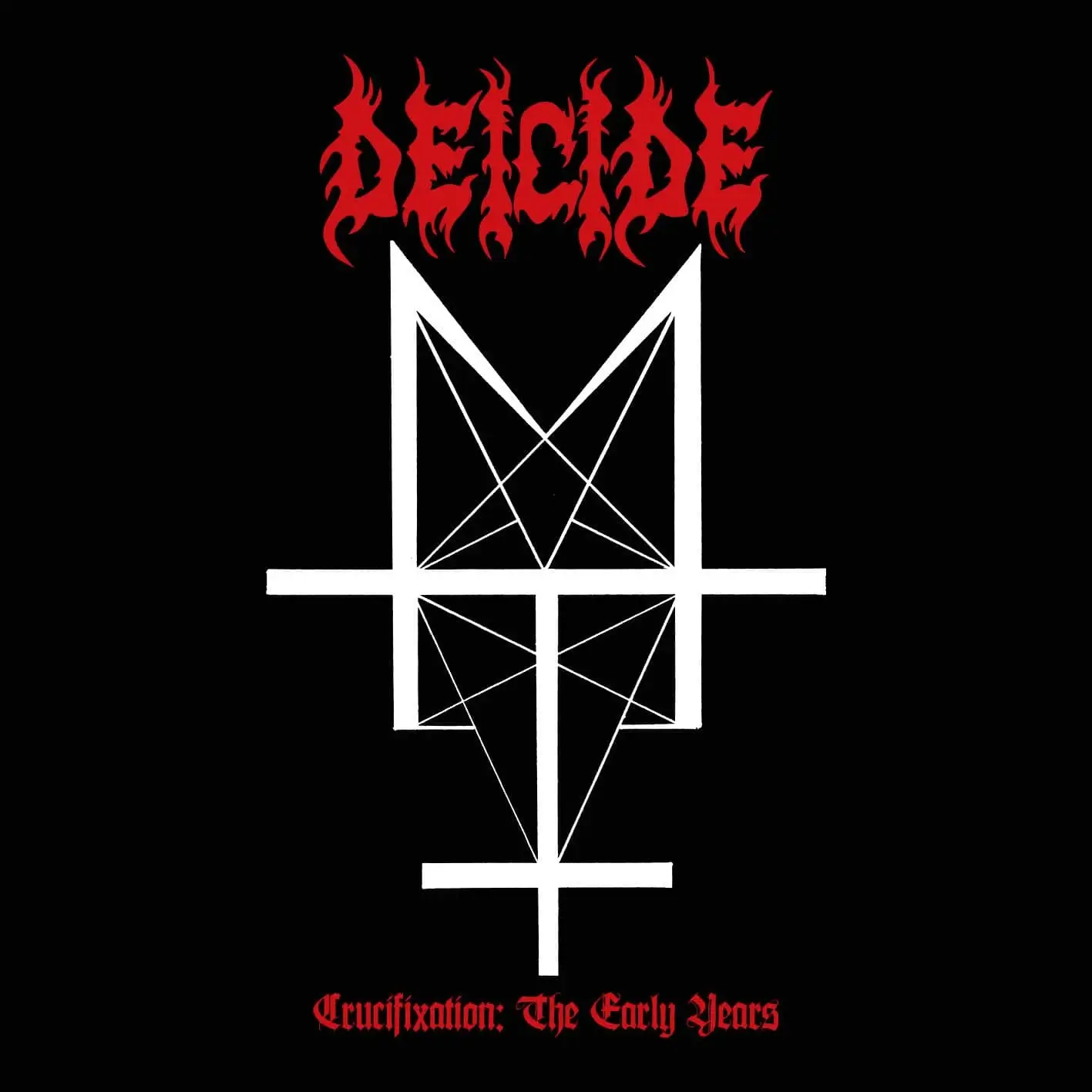
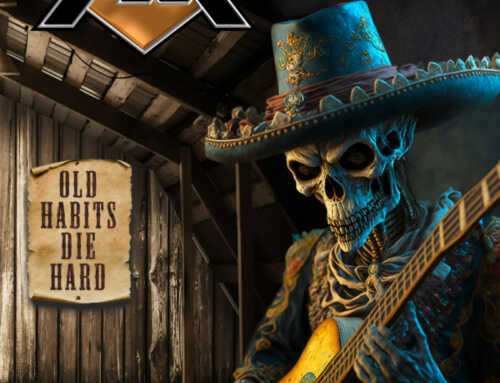
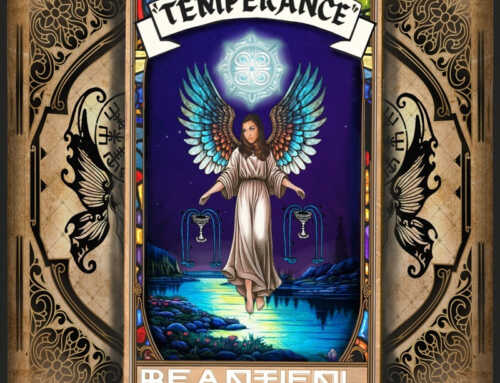
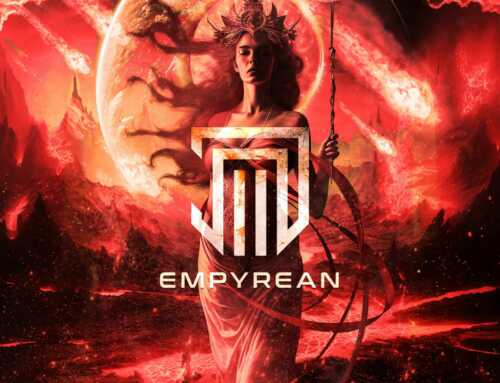
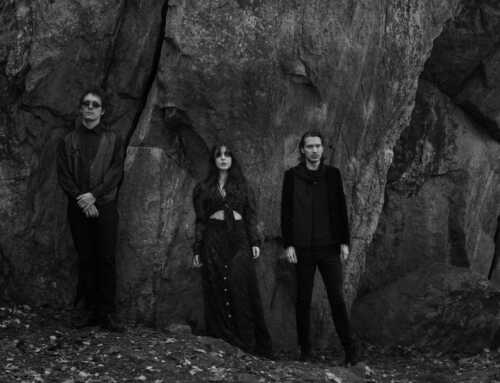
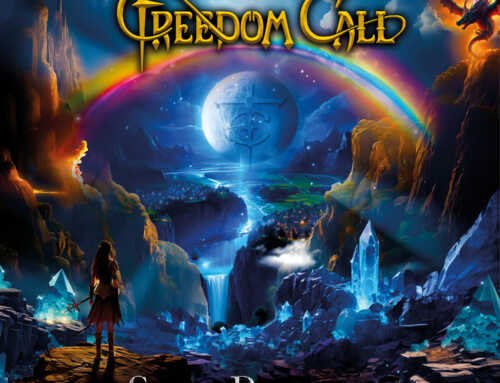
Leave A Comment